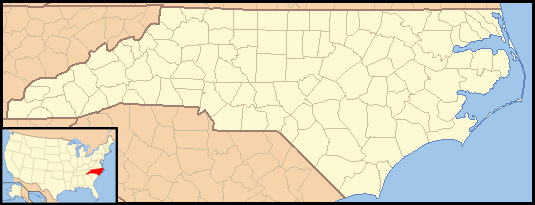Trump Administration Sides With Christian Photographer

We’ve heard time and again about Christian photographers, bakers, florists, and wedding chapel owners being dragged into court because they declined to take part in a same-sex wedding or ceremony.
Sometimes the Christian business owners win their cases. Other times they lose.
These court cases often center on local ordinances or state laws that give people special privileges or protections based on sexual-orientation or gender identity.
During the Obama Administration, we saw wave after wave of radical LGBT policies rolled out at the federal level.
However, we seem to be experiencing a little bit of a reprieve under the Trump Administration.
Recently the U.S. Department of Justice filed a statement of interest in a federal court in Kentucky arguing that the government cannot force a Christian photographer to photograph a same-sex wedding.
Alliance Defending Freedom is handling a lawsuit on behalf of photographer Chelsey Nelson over the Louisville-Jefferson County Metro “Fairness Ordinance.”
The ordinance grants special rights and privileges to people based on sexual-orientation and gender identity.
In the federal government’s statement about the lawsuit, the U.S. Attorney General’s office wrote,
The United States is committed to protecting the freedoms guaranteed by the First Amendment, which include both the right to “the free exercise” of religion and “the freedom of speech.” . . . These freedoms lie at the heart of a free society and are the “effectual guardian of every other right.”
The statement goes on to say that forcing Chelsey Nelson to photograph a same-sex wedding would violate her First Amendment rights and that she probably would win any court case over the issue.
We have said before that religious liberty is a casualty of the radical efforts to redefine marriage.
Thankfully, the federal government is siding withe people of faith right now.
Hopefully this court case will result in better protections for the free exercise of religion in the future.



 FOR IMMEDIATE RELEASE
FOR IMMEDIATE RELEASE
 Over the past several weeks we have seen a lot of questions–and misinformation–about
Over the past several weeks we have seen a lot of questions–and misinformation–about